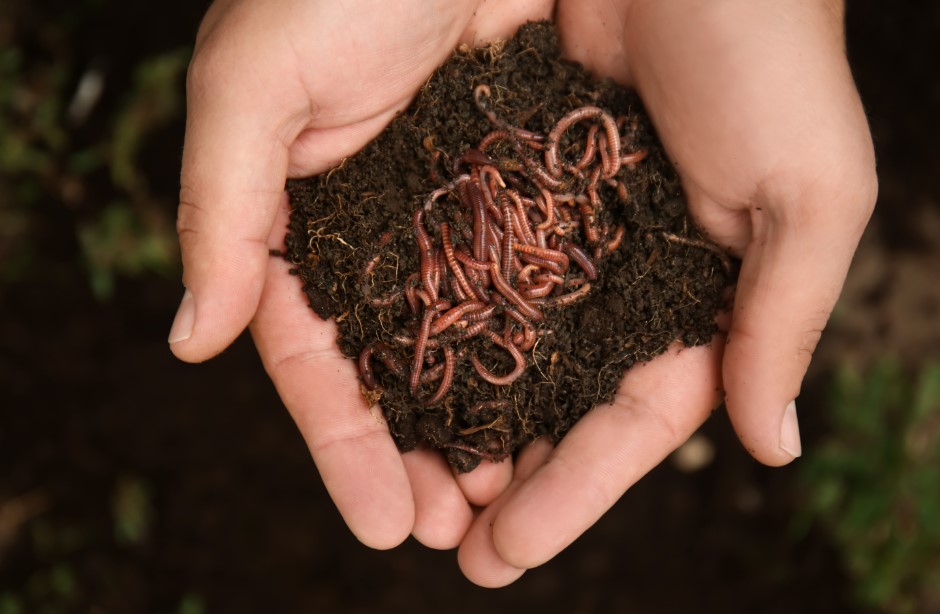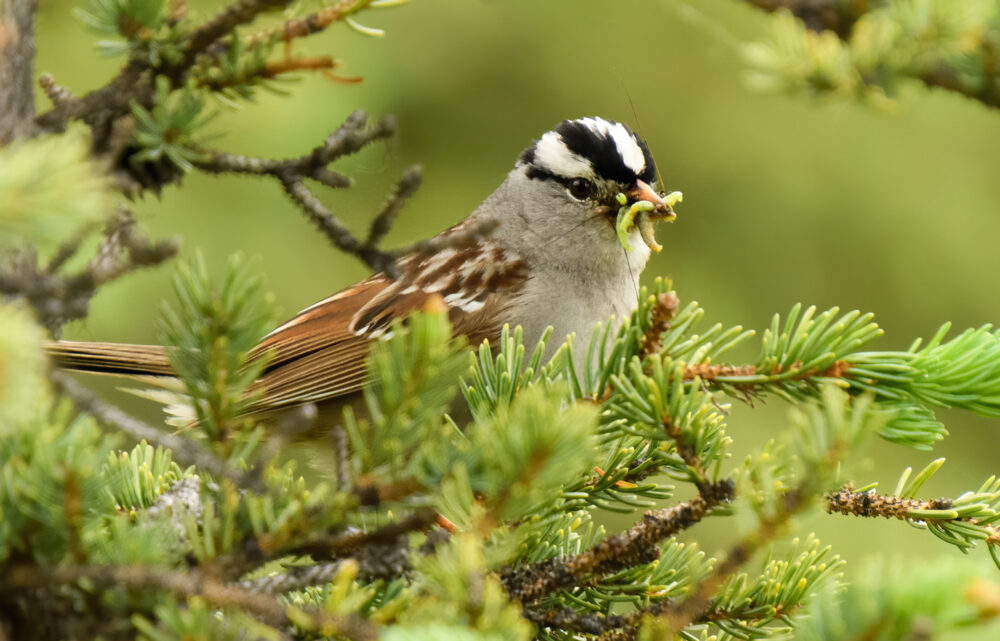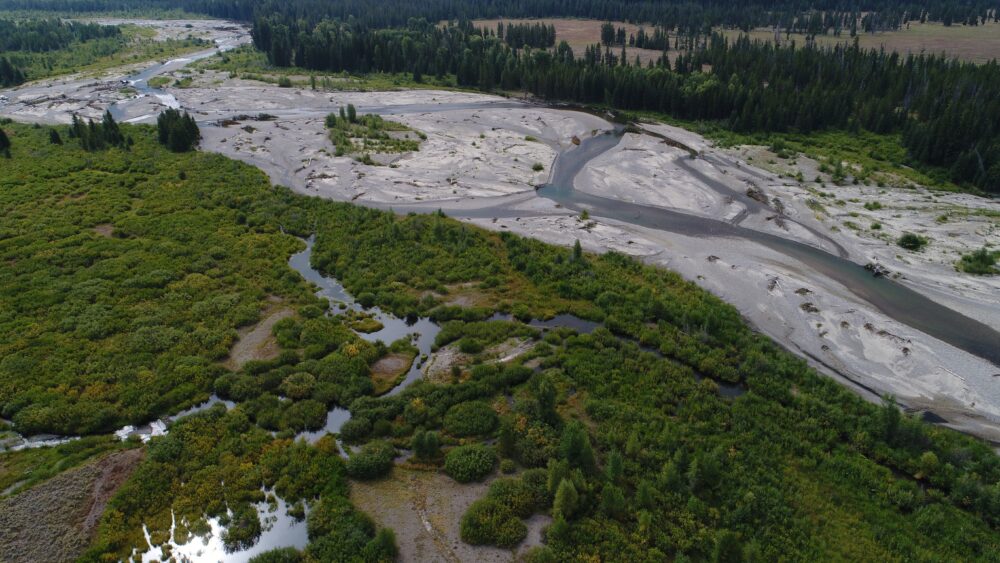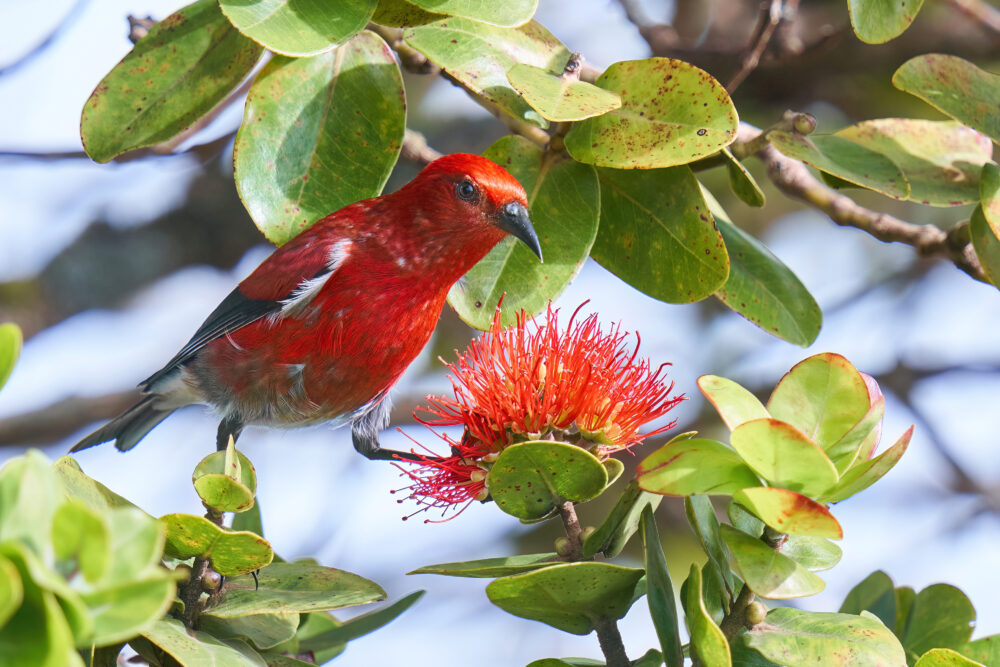We have much more to do and your continued support is needed now more than ever.
Breaking: Spike in Baby Dolphin Deaths in Gulf of Mexico (Updated)

Since the first days of the Gulf oil disaster, the National Wildlife Federation has been warning that it takes years to assess the full impacts of a catastrophic oil spill. Today we’re hearing horrific details from scientists on dolphin deaths in the wake of the Deepwater Horizon gusher:
Baby dolphins, some barely three feet in length, are washing up along the Mississippi and Alabama coastlines at 10 times the normal rate of stillborn and infant deaths, researchers are finding.
The [Biloxi, MS] Sun Herald has learned that 17 young dolphins, either aborted before they reached maturity or dead soon after birth, have been collected along the shorelines. […]
Moby Solangi, director of the institute, called the high number of deaths an anomaly and told the Sun Herald that it is significant, especially in light of the BP oil spill throughout the spring and summer last year when millions of barrels of crude oil containing toxins and carcinogens spewed into the Gulf of Mexico.
How does that relate to the usual number of baby dolphin deaths?
“For some reason, they’ve started aborting or they were dead before they were born,” Solangi said. “The average is one or two a month. This year we have 17 and February isn’t even over yet.”
Deaths in the adult dolphin population rose in the year of the oil spill from a norm of about 30 to 89, Solangi said.
Scientists at the Institute of Marine Mammal Studies performed necropsies on two of the dead dolphins on Monday. The Sun Herald has a video report on the dolphins, but a warning that it’s extremely hard to watch.
With the news this weekend that oil continues to devastate life at the Gulf’s bottom, it’s clear this disaster continues to unfold. Stay tuned to NWF.org/OilSpill for the latest updates.
UPDATE (2/22): I asked Dr. Doug Inkley, the National Wildlife Federation’s senior scientist, for his take on the dolphin deaths:
Until necropsies are performed, we won’t know the cause of death, and even then may never know. As we have learned from recent mass mortality events of mallards and blackbirds, they are not all that uncommon and most often the cause is disease. It wouldn’t be surprising for disease to be a factor in this case. Another possibility is poor nutritional status of the pregnant females, causing them to abort the young or give birth to weak young. Certainly, the oil spill through exposure to toxics could make the dolphins more vulnerable to disease, or lead to starvation if food sources become scarce. There could also be sublethal effects of the oil on adults that inhibit successful reproduction.
Dr. Inkley and other National Wildlife Federation staffers have exhaustively cataloged the wildlife deaths documented in the disaster zone last spring and summer, including thousands of birds, hundreds of endangered sea turtles, and dozens of dolphins.






















